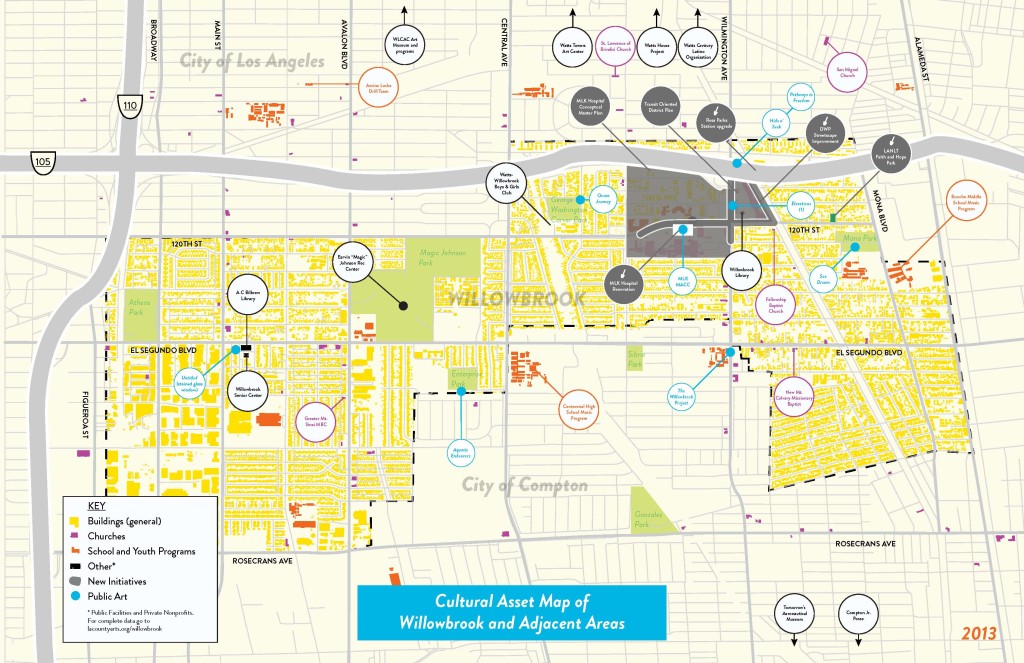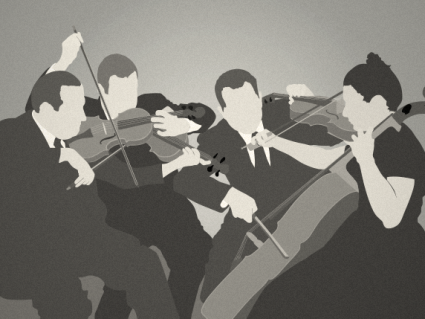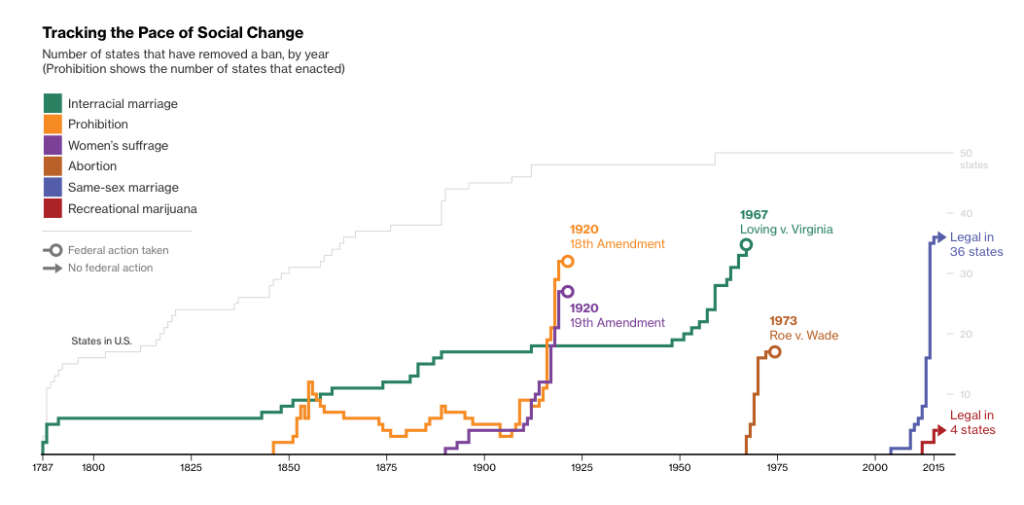available for purchase
at this time.
Link Roundup! – 5/1/15
Link Roundups feature articles and bits of internet goodness that our dramaturgy team digs up. If you find something you want to send our way, drop us a line on Facebook or Twitter!
♦♦♦♦♦
100 Resilient Cities showcased five creative placemaking engagements in several cities, based on projects supported by either the NEA’s Our Town program or ArtPlace America: There are some cool examples:
The Los Angeles County Arts Commission conducted a deep investigation into the cultural life of the Willowbrook neighborhood to develop an arts-related asset map and visioning document. They used this information to ensure the community’s spirit was reflected in the county’s ongoing capital and infrastructure improvements.
♦♦♦♦♦
Gwydion Suilebhan’s keynote address at the Association of Performing Arts Service Organizations about technology and how it’s transforming relationships between artists, audiences, and arts institutions is worth a read:
But the most important key to a sound technology practice is empathy. When you build things, you absolutely have to begin by thinking about real people and their real desires and needs…So, to the extent that you and your organizations are ready to practice technology with the organizations you serve—to build stuff, either for them or with them (and with them is almost always better)—you absolutely can’t gear your practice around their organizational needs. You have to have actual human beings in mind. The things they care about. The tasks they want to accomplish on any given day. And, yes, their relationships.
♦♦♦♦♦
99u.com has a post about how musicians work together and what their model can teach non-musicians about working as a team:
Designate one person in your group to do a “sound check” every so often—during a meeting, during an event, or even mid-conversation. For a musician, a sound check necessitates walking to the back of the performance space or up to the balcony to get an objective sense of what the group sounds like. For your team, this means stepping out of your role and your personal needs for a minute, and surveying the project as a whole. A sound check means you can be frank: what is the most glaring thing that needs fixing? What would you say to inspire your colleagues to do better?
♦♦♦♦♦
Because everyone loves a cool data visualization, Bloomberg Business put together an interesting look at six social issues and how the public acceptance of those issues has developed over the years:
Social change in the U.S. appears to follow a pattern: A few pioneer states get out front before the others, and then a key event—often a court decision or a grassroots campaign reaching maturity—triggers a rush of state activity that ultimately leads to a change in federal law. We looked at six big issues—interracial marriage, prohibition, women’s suffrage, abortion, same-sex marriage, and recreational marijuana — to show how this has happened in the past, and may again in the very near future.


